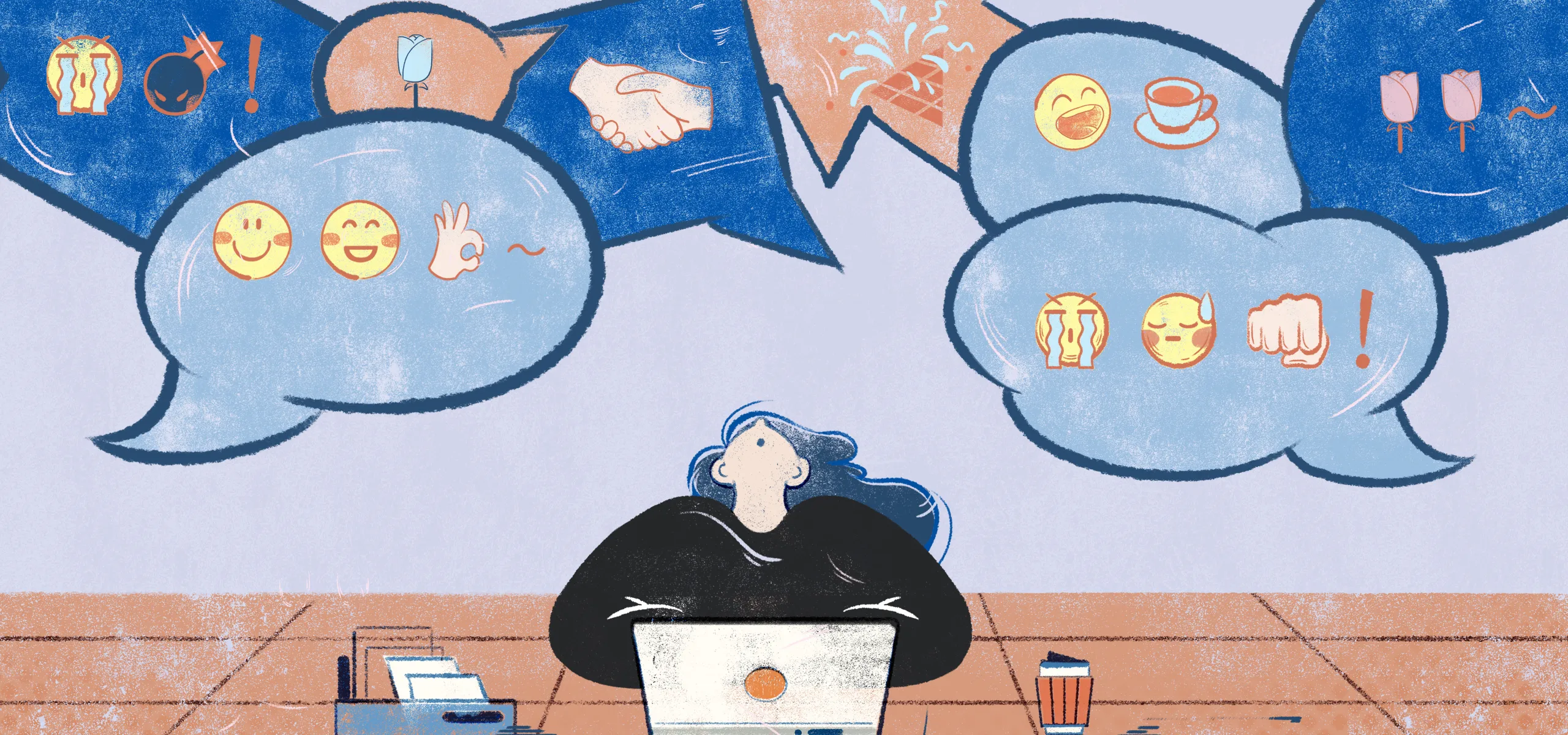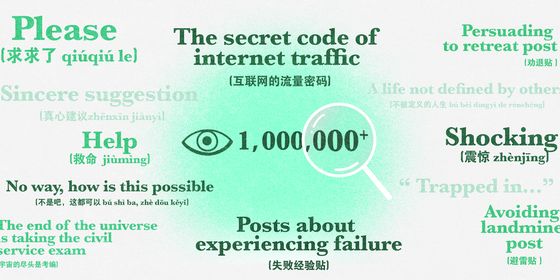The secret to business success in China may be to bombard clients with courtesy, politeness, and rose emojis
If you’re going to message a business client in China, you better come prepared with rose emojis. The rose, and other seemingly frivolous symbols, is a vital tool when talking to 甲方 (jiǎfāng, “Party A,” usually the client in a business contract) and trying to placate these demanding and valuable partners.
The art of talking to jiafang, which requires 乙方 (yǐfāng, “Party B,” usually the service provider) to use a barrage of polite words, deferential phrases, and emojis of smiley faces, handshakes, and flowers, has become so revered that netizens have labeled it a new literary style: 乙方文学 (yǐfāng wénxué, yifang literature, literally “party B literature”), or 乙学 (yǐxué) for short.
Since October 2022, over 30,000 people have even joined an “Yifang Literature Appreciation Group” on social media platform Douban, where they share experiences with clients and offer tips to “perfect their yifang literature to the point that the client cannot find fault,” according to the group’s description. They have agreed on three basic rules to schmoozing a client, in addition to the indispensable emojis: first, repeat phrases, especially short and simple replies, to make them sound softer and more sincere. For example, use 感谢感谢 (gǎnxiè gǎnxiè, thank you thank you) and 辛苦辛苦 (xīnkǔ xīnkǔ, thank you for your effort) instead of simply 感谢 and 辛苦. Second, end sentences with modal particles, such as 滴 (dī), 哦 (o), and 啦 (la) for levity. Finally, add tilde marks (~) at the end of sentences. These indicate the final syllable of a word is elongated, which makes it sound more enthusiastic.
Though yifang literature only recently emerged in the online lexicon, this client-talk has been around in the business world for decades. In Feng Xiaogang’s 1997 comedy film The Dream Factory (《甲方乙方》) an yifang helps clients fulfill their wildest fantasies, including outlandish requests such as wanting to become American general George Patton for a day (which they achieve by building a battlefield set including real tanks). Now, service providers often dub themselves “humble yifang (卑微乙方 bēiwēi yǐfāng),” and 乙 has become synonymous with “humble.” Correspondingly, jiafang are sometimes called 甲方爸爸 (jiǎfāng bàba, Daddy Jiafang) to reflect the much greater power they hold in the business relationship.
Titles are king
A good client relationship begins with an appropriate address. First names are off-limits (they aren’t deferential enough), so you can add the client’s title to their surname, as in Lawyer Wang, General Manager Zhang, or Editor Liu. Higher ranks are preferred, so the “vice” or “deputy” in titles are omitted to boost egos.
Without a clear title, one can default to 老师 (lǎoshī), which has evolved from its original meaning of “teacher” and “master” to a gender-neutral, universal respectful address for people from all professions.
Any requests to jiafang should include a barrage of politeness and courtesies, such as: 抱歉 (bàoqiàn, sorry), 打扰了 (dǎrǎo le, excuse me), 麻烦 (máfan, [could I] trouble you), and 辛苦 (thank you for your effort). Also use the more respectful pronoun 您 (nín) for “you” instead of 你 (nǐ):













